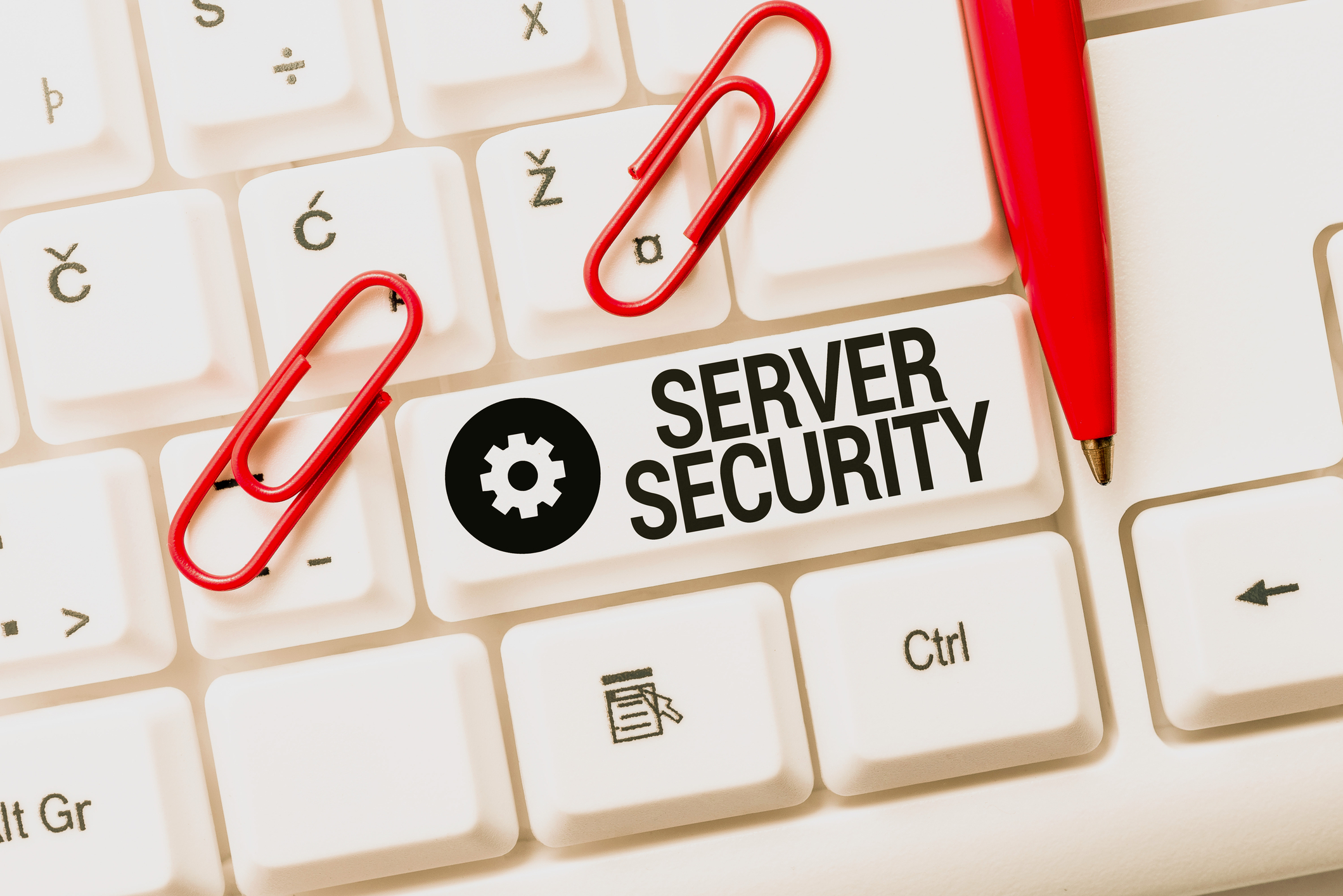SQL Server is a popular database management system that is widely used to store and manage data in a variety of applications. As with any system that manages sensitive data, security is a critical concern for SQL Server.
SQL Server provides a range of security features and technologies that help to protect the data and ensure its confidentiality, integrity, and availability. These features include authentication, encryption, auditing, and access control.
Authentication is the process of verifying the identity of a user or a system that is trying to access the SQL Server. SQL Server supports different authentication modes, such as Windows authentication and SQL Server authentication.
Encryption is the process of encoding data to protect it from unauthorized access. SQL Server provides encryption at different levels, such as data-at-rest encryption and data-in-transit encryption.
Auditing is the process of tracking and logging access to the SQL Server and the operations that are performed on it. SQL Server provides an audit framework that allows administrators to track and monitor access to the system and data.
Access control is the process of controlling who can access the SQL Server and what operations they can perform on it. SQL Server provides access control through the use of permissions and roles that allow administrators to grant and restrict access to the system and data.
In summary, security is a critical concern for SQL Server. The system provides a range of features and technologies, such as authentication, encryption, auditing, and access control, to help protect the data and ensure its confidentiality, integrity, and availability.
Do you need help with securing your SQL Server, please reach out to us through our contact form.
More from Stedman Solutions:

Steve and the team at Stedman Solutions are here for all your SQL Server needs.
Contact us today for your free 30 minute consultation..
We are ready to help!
